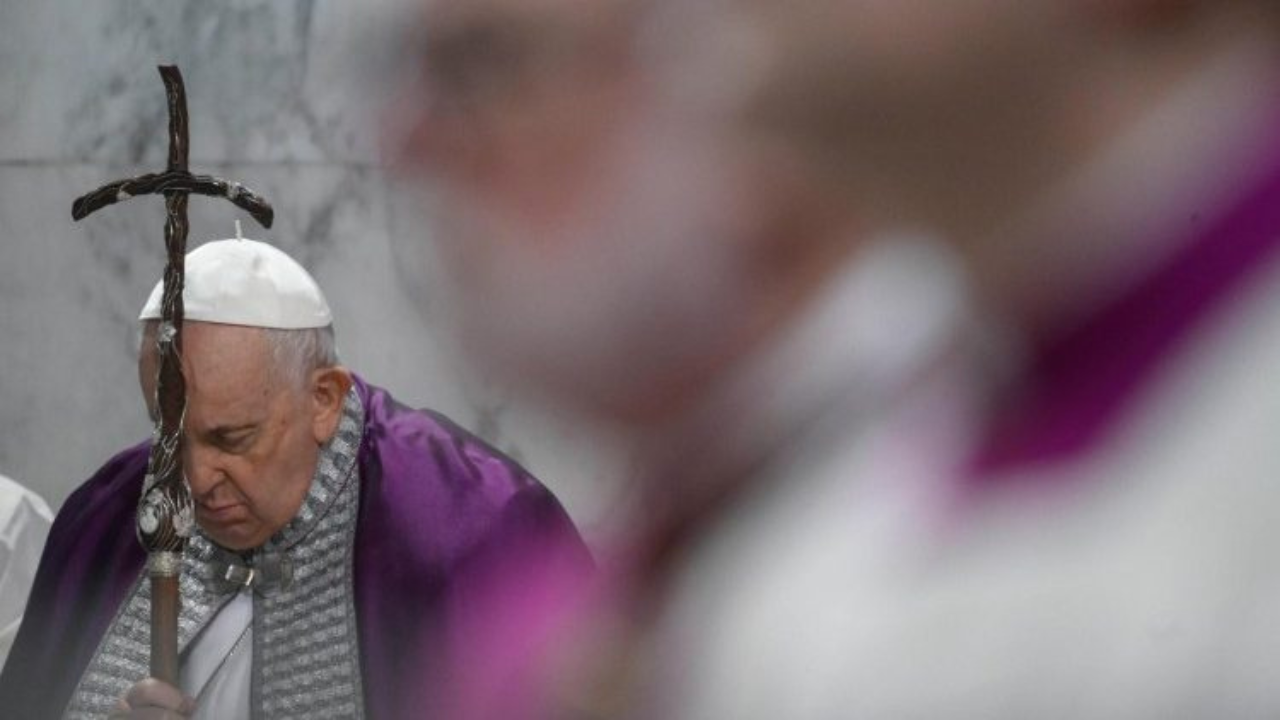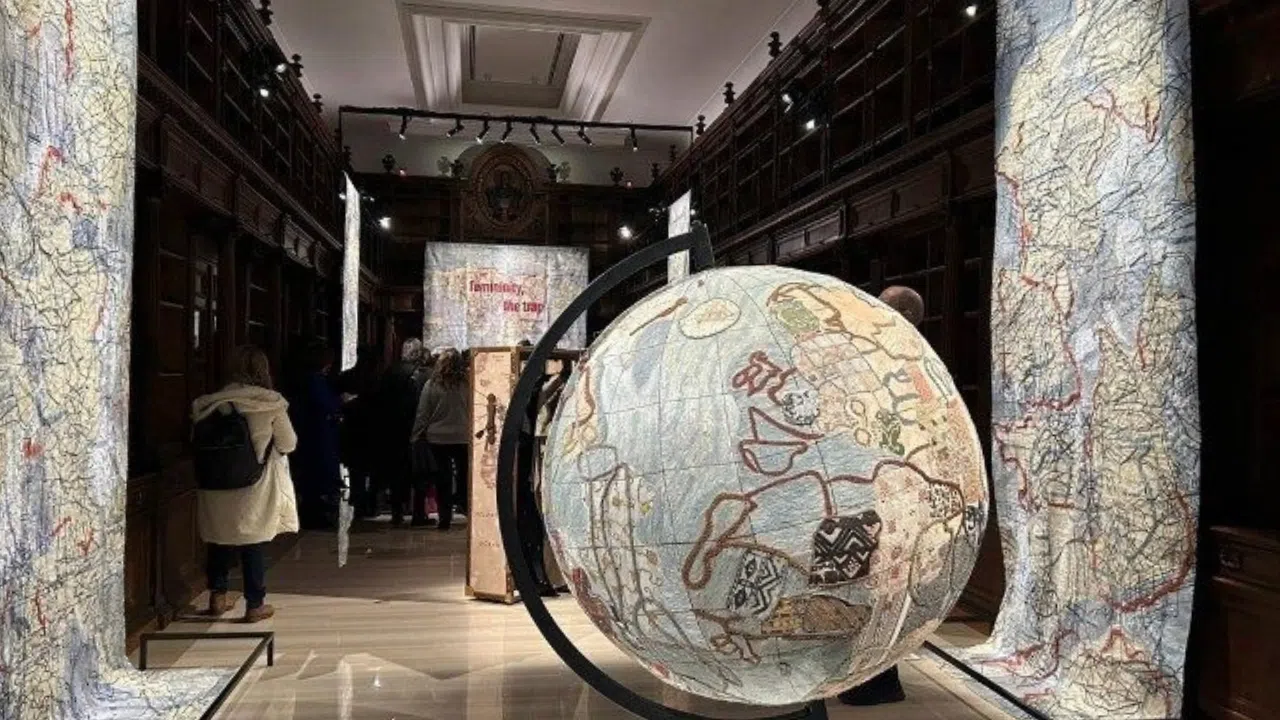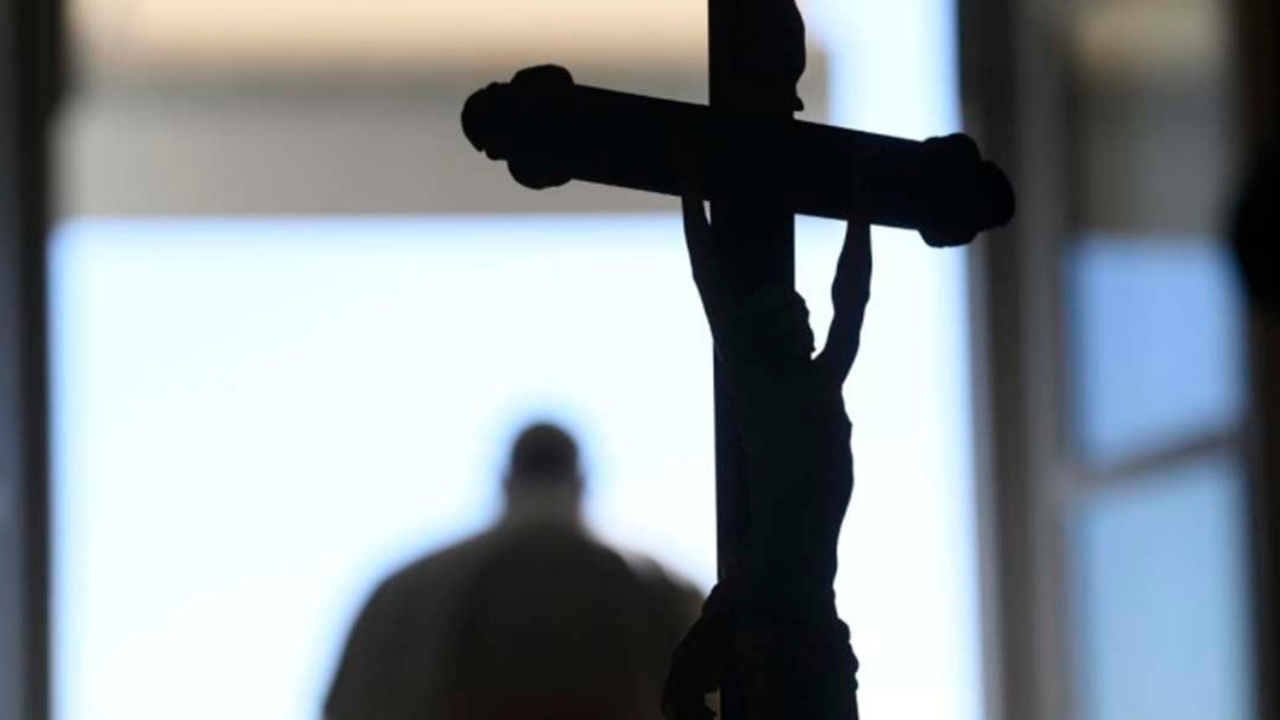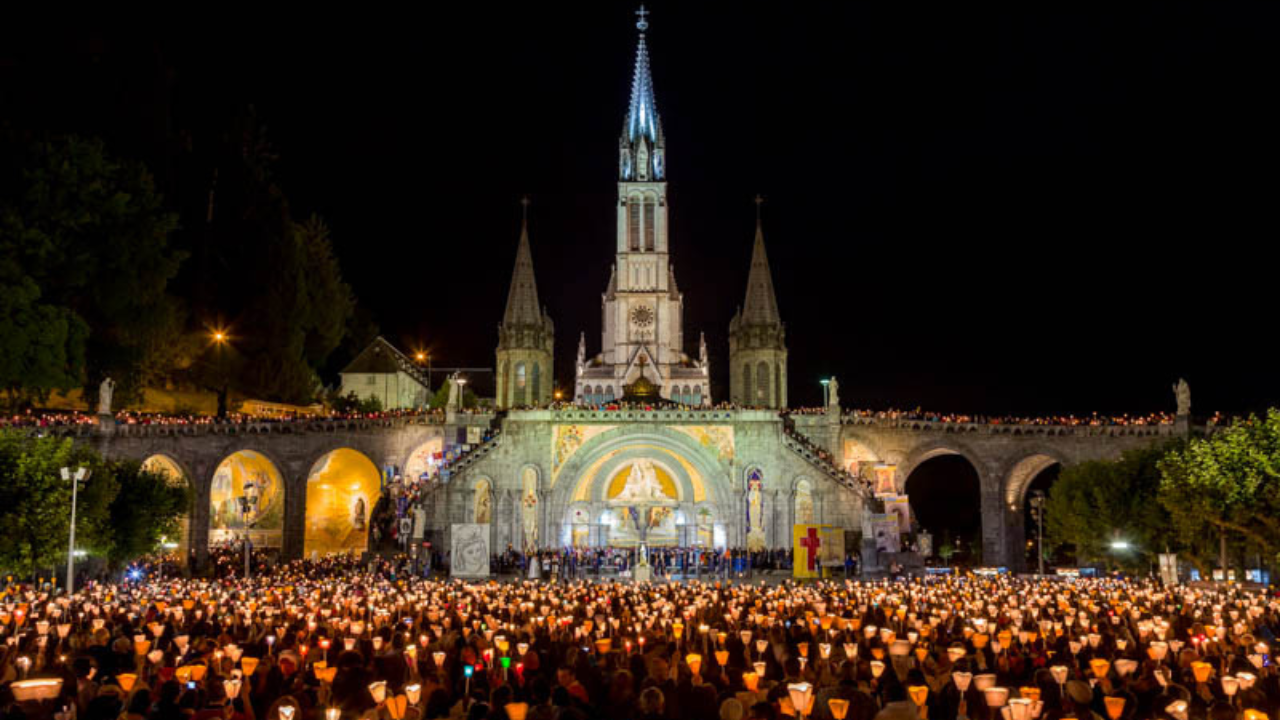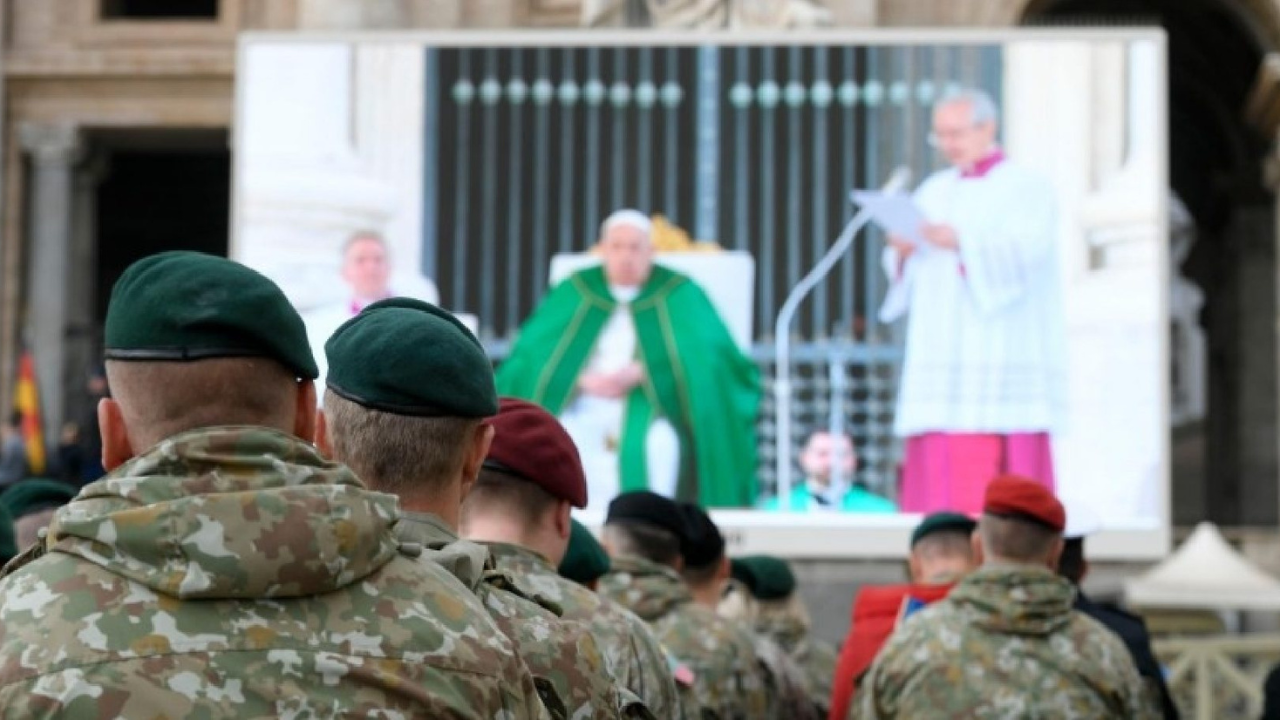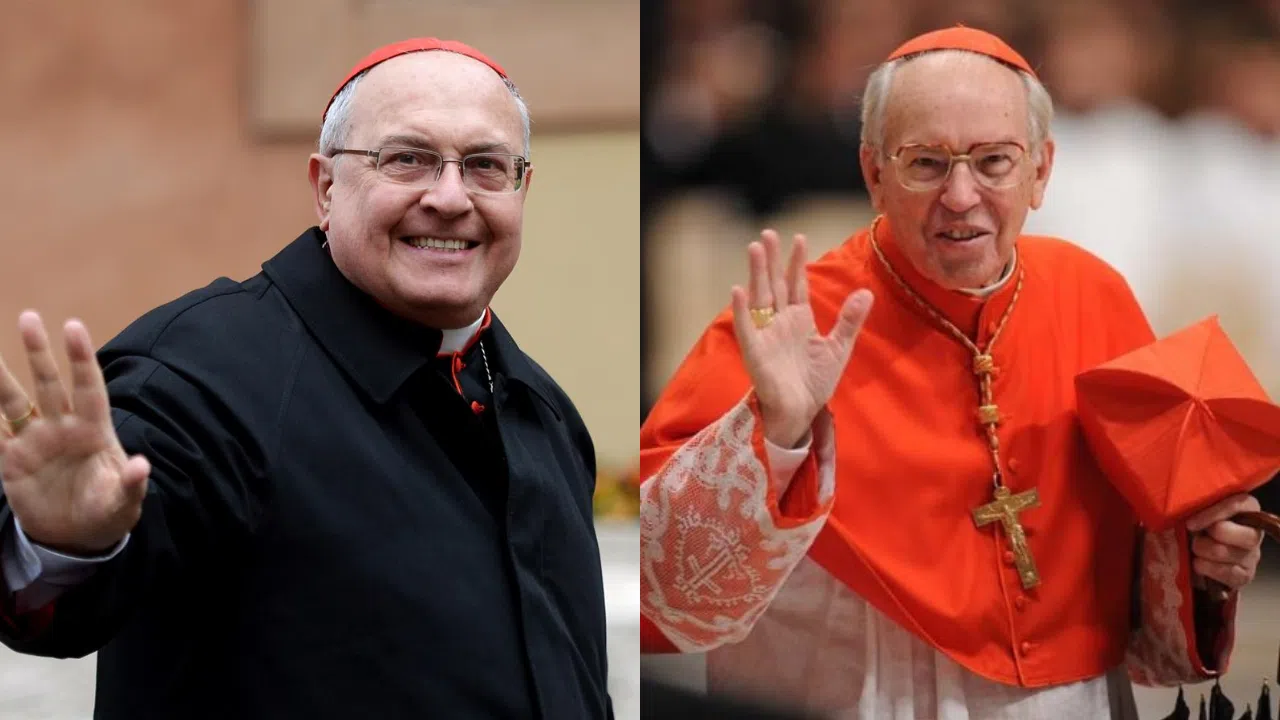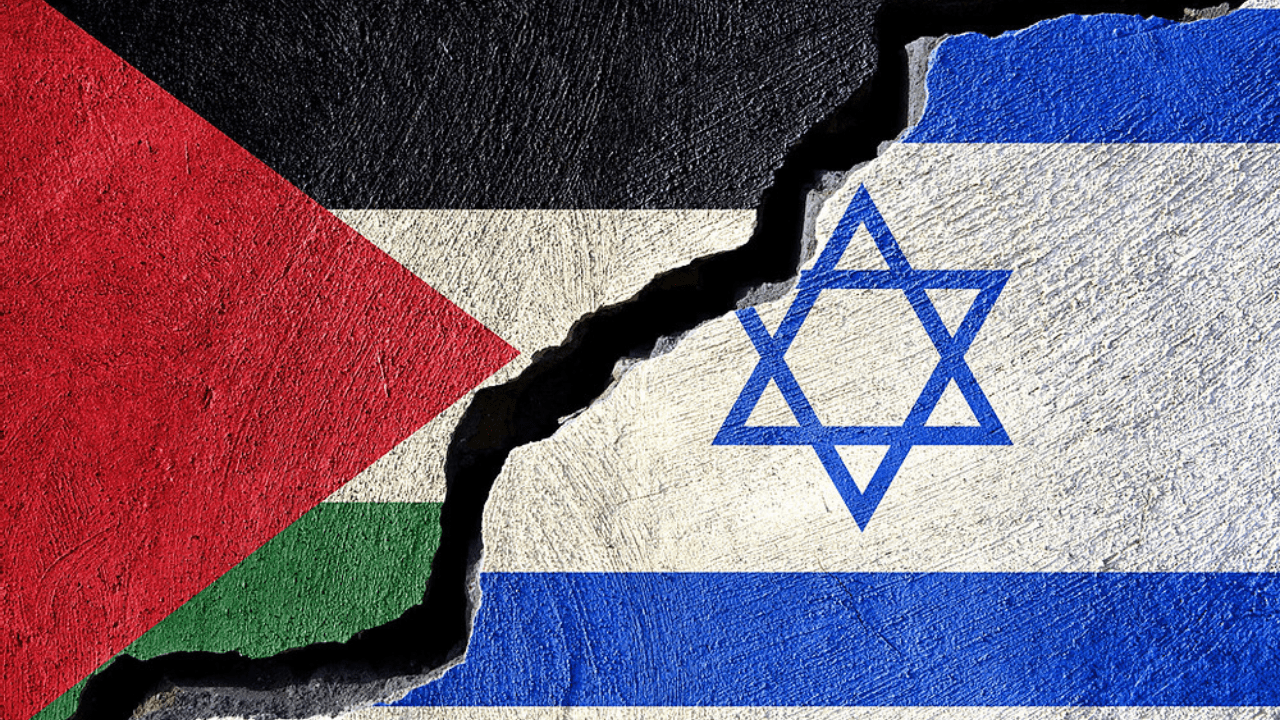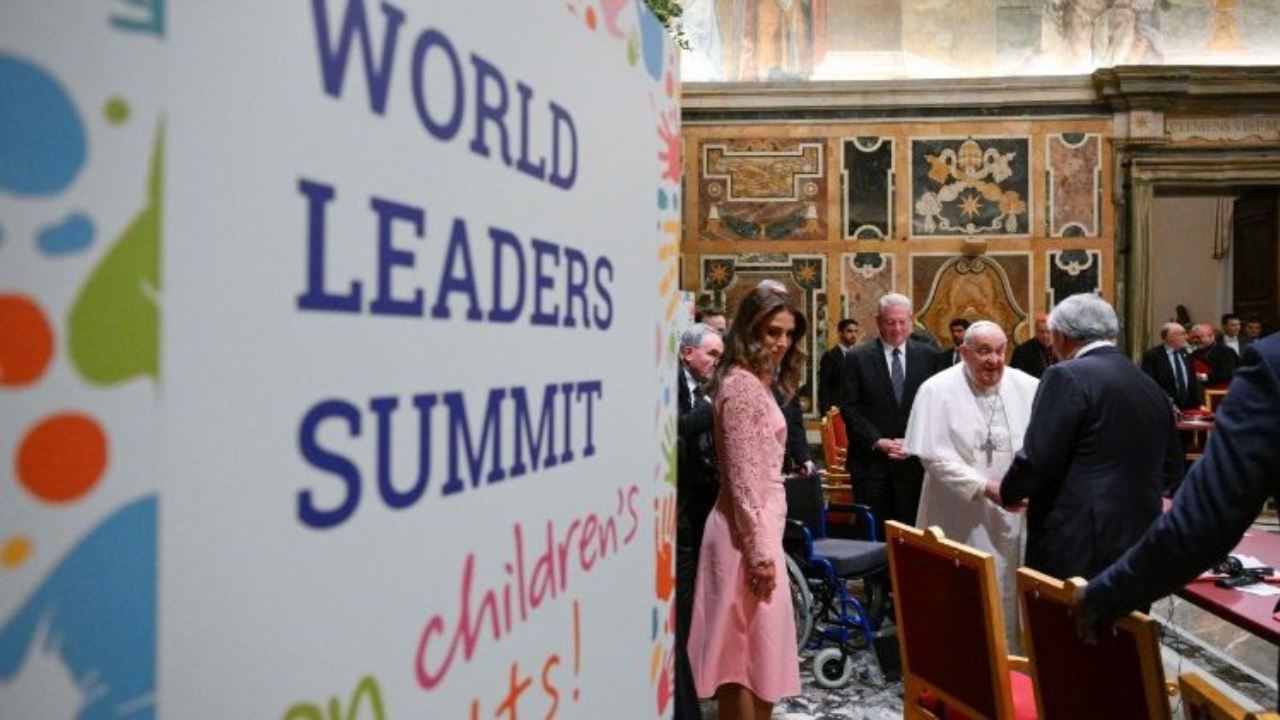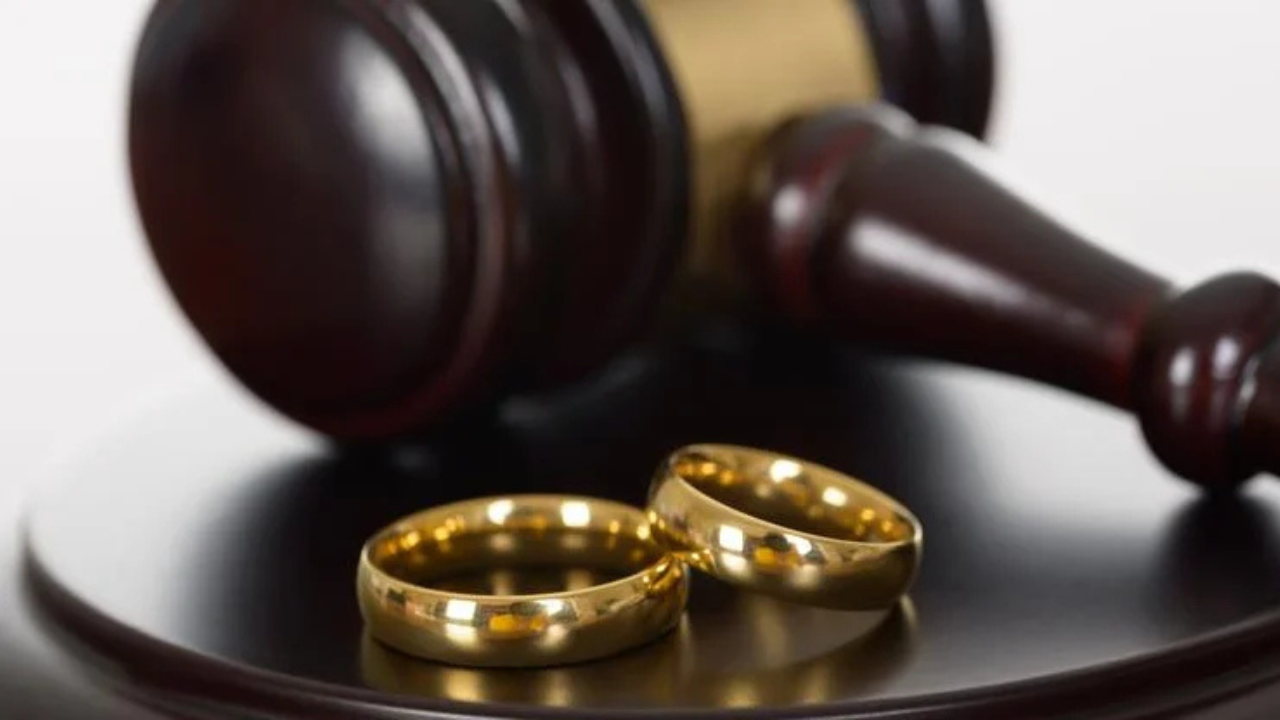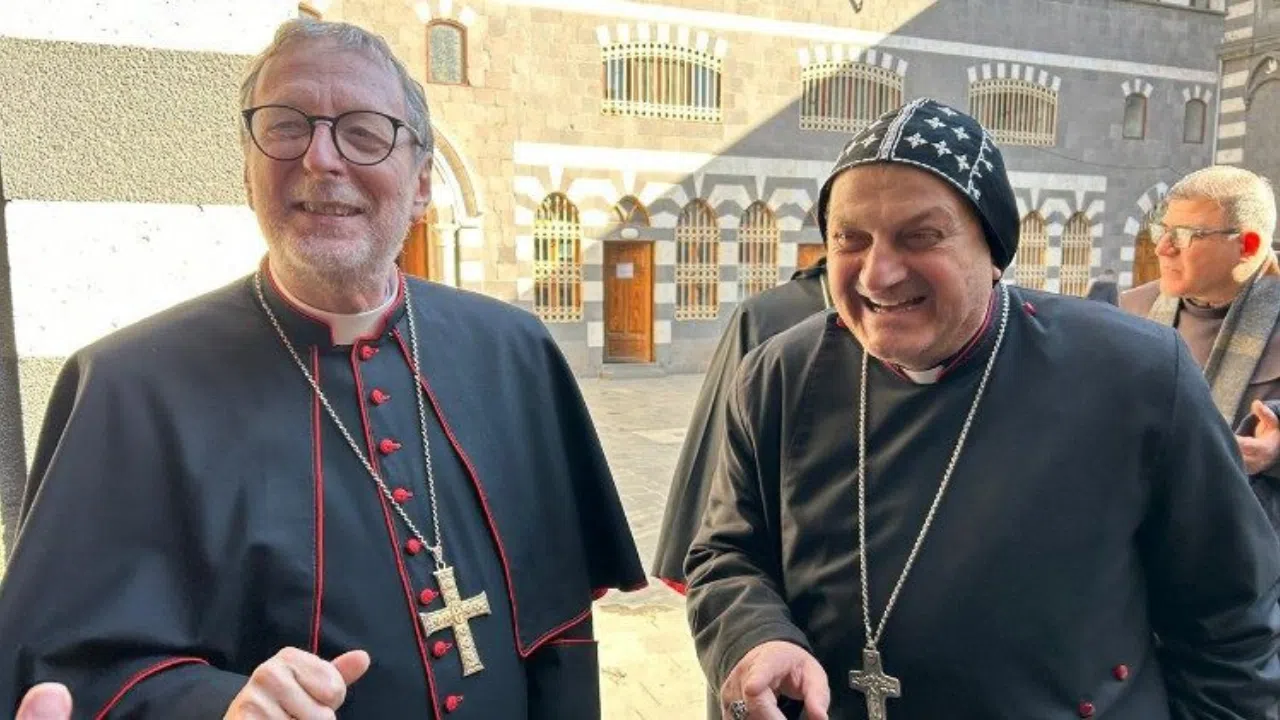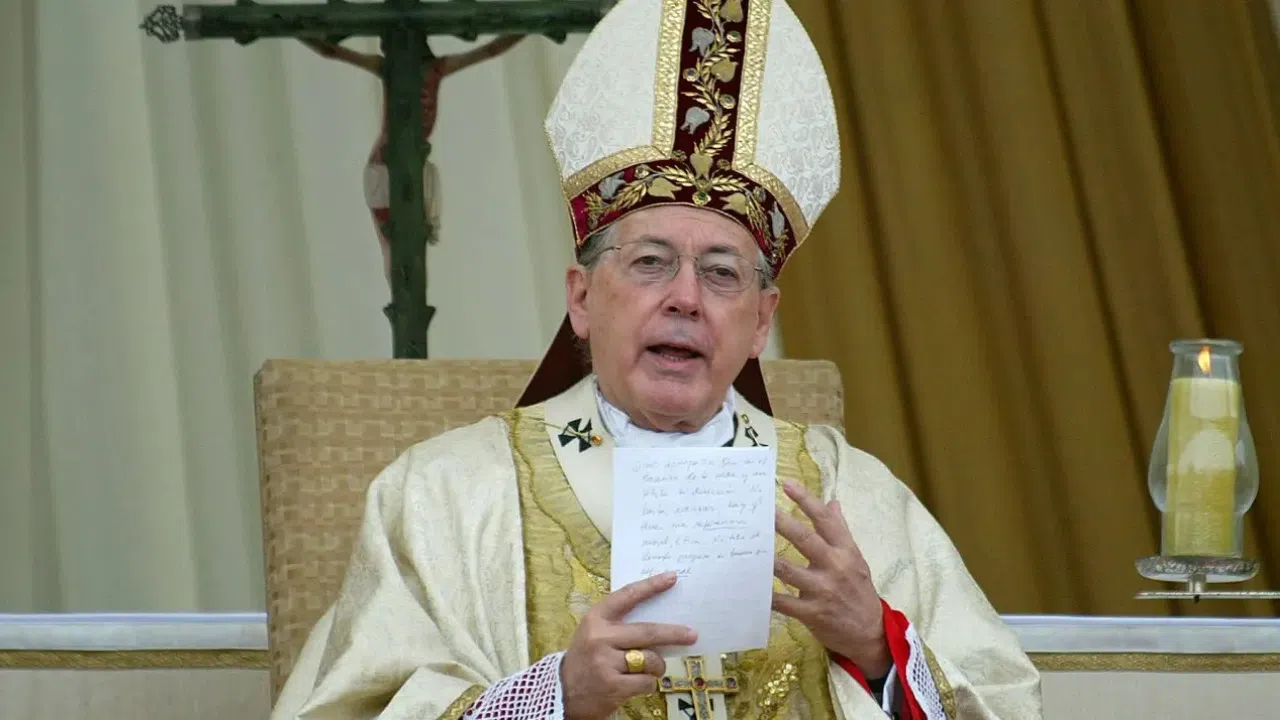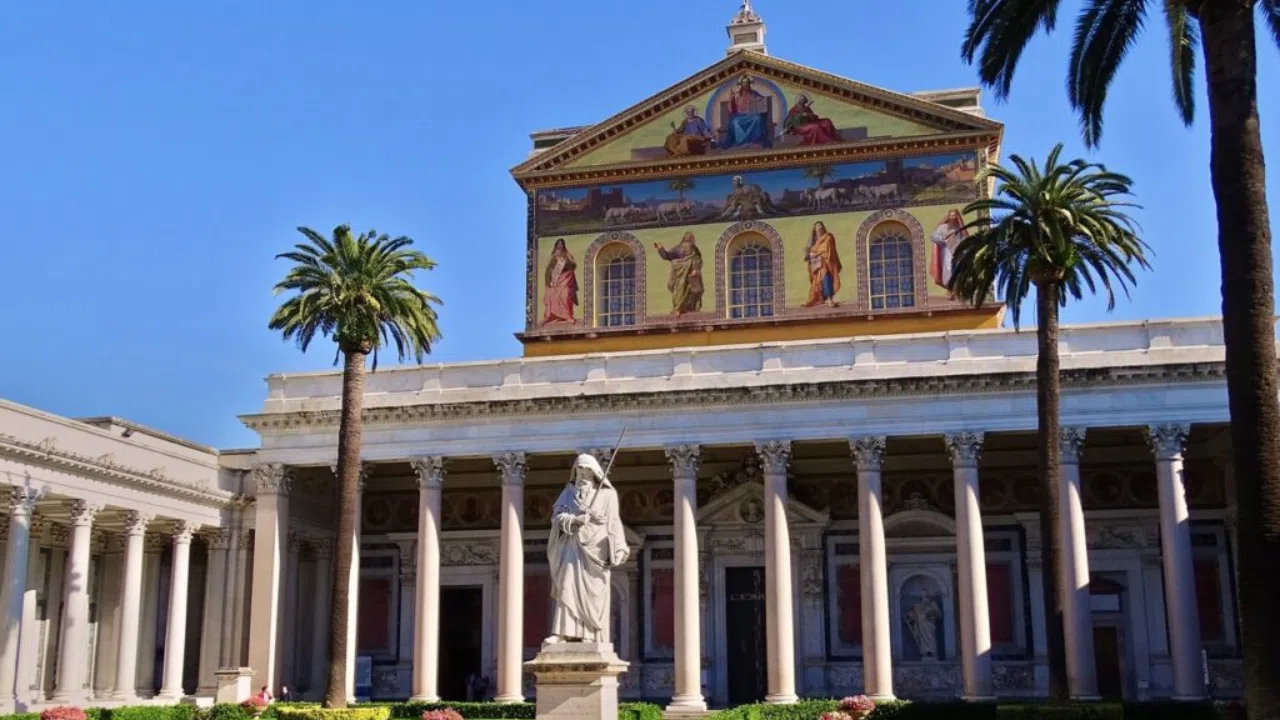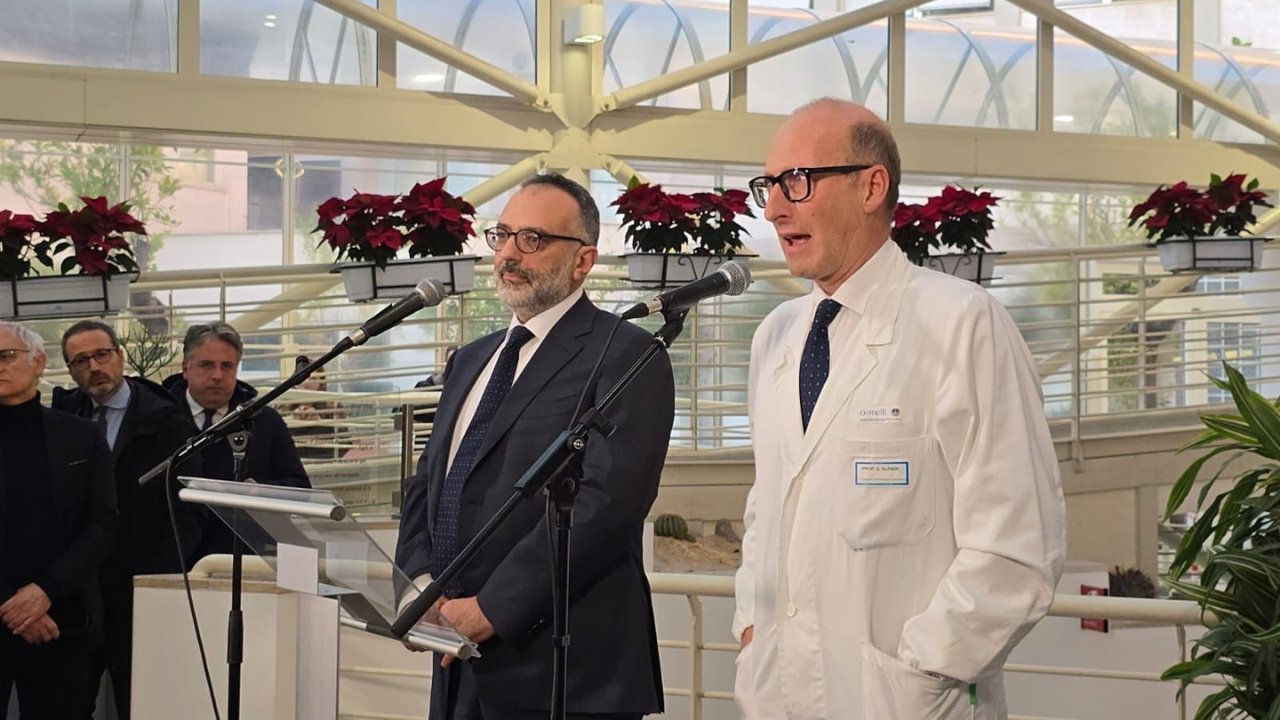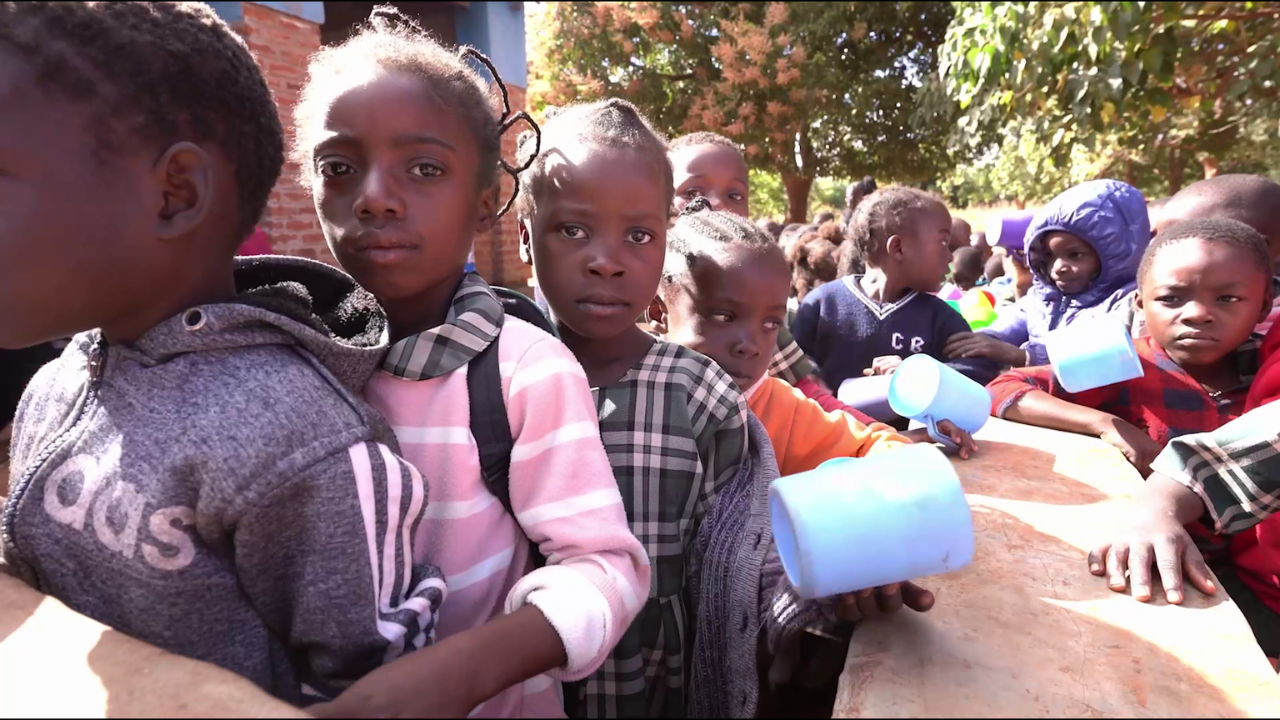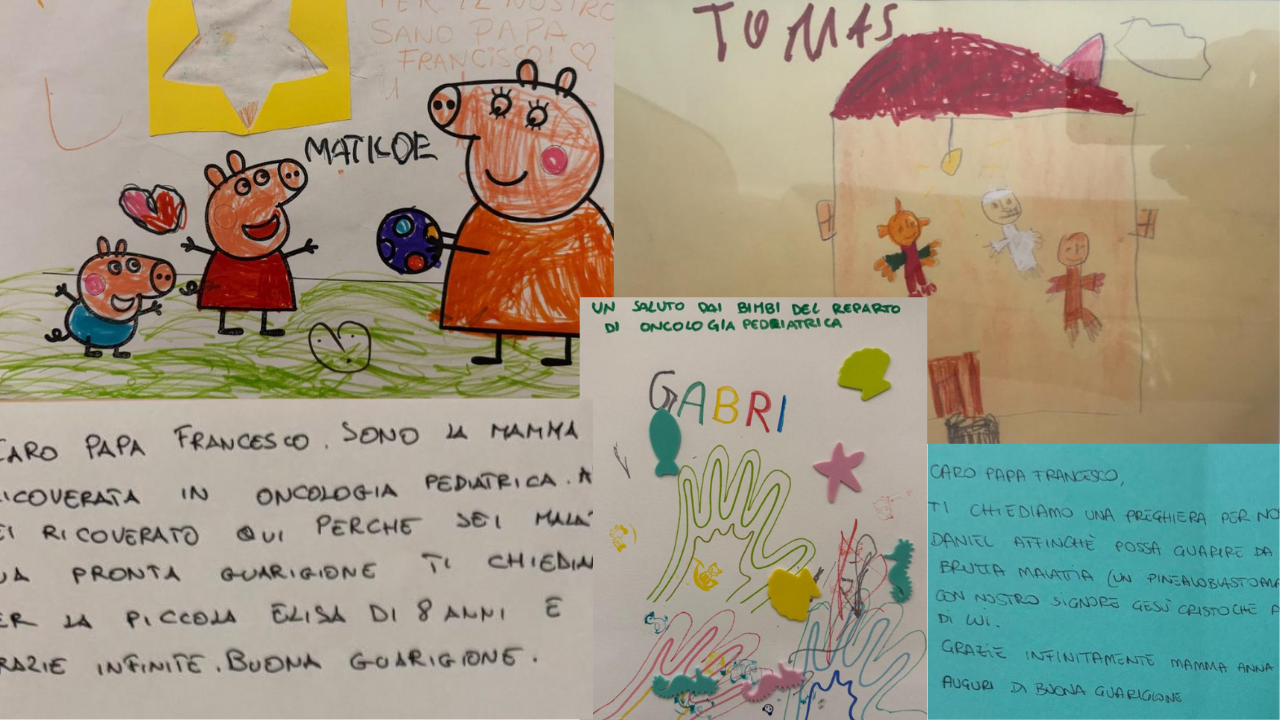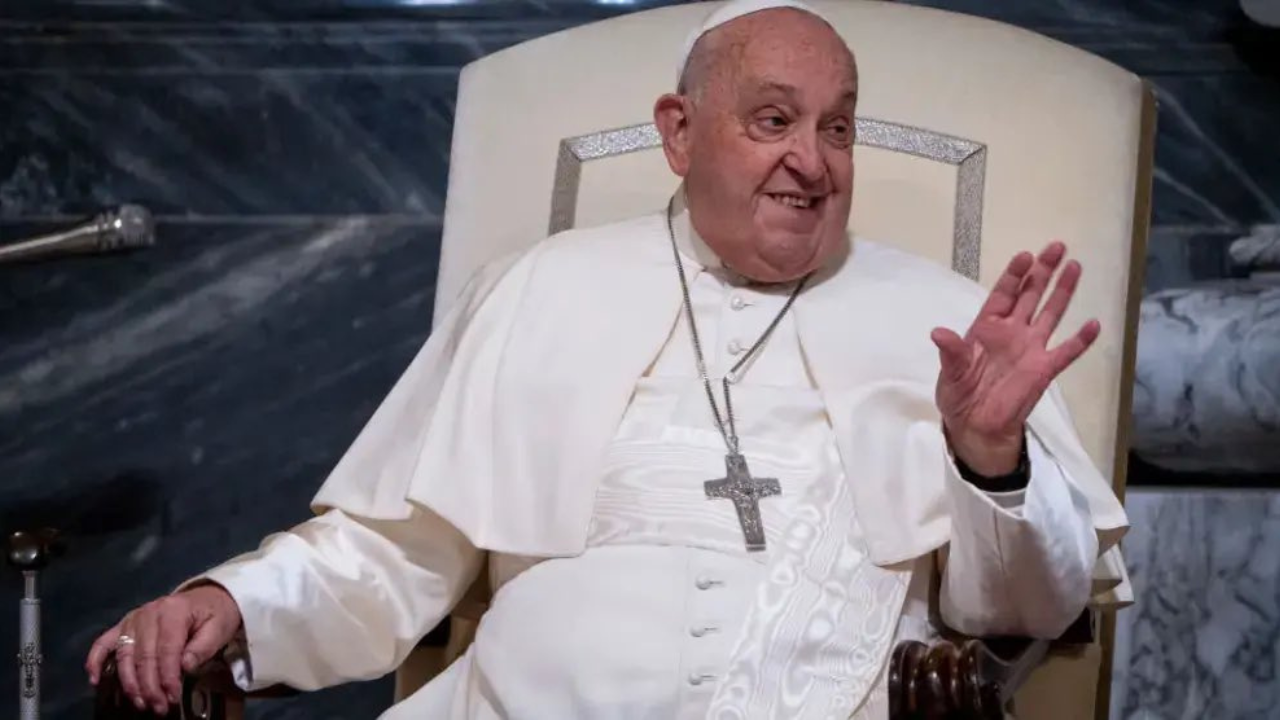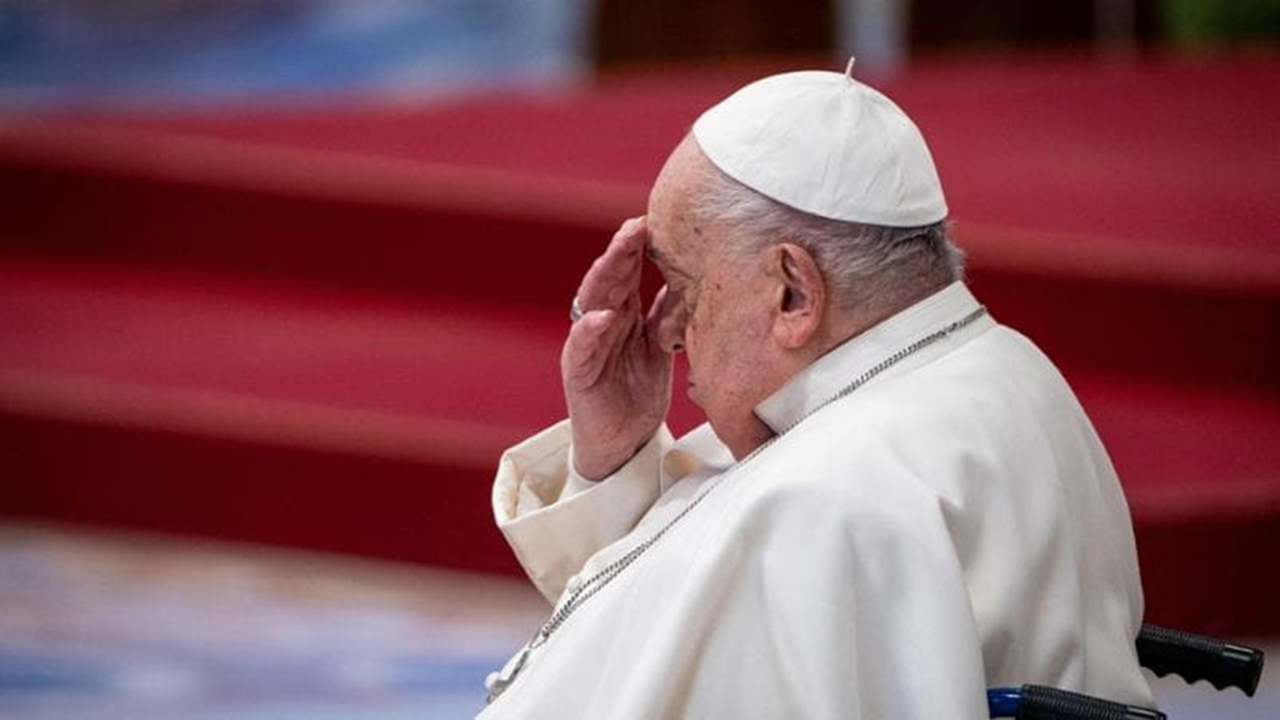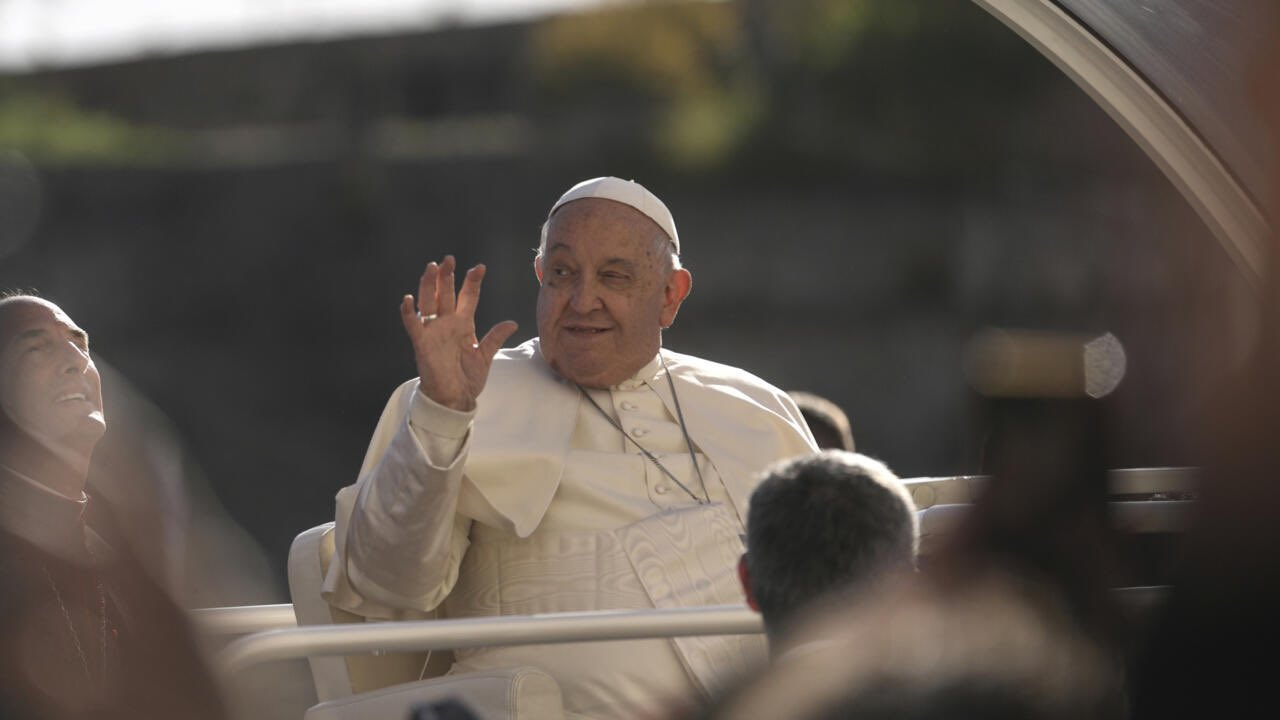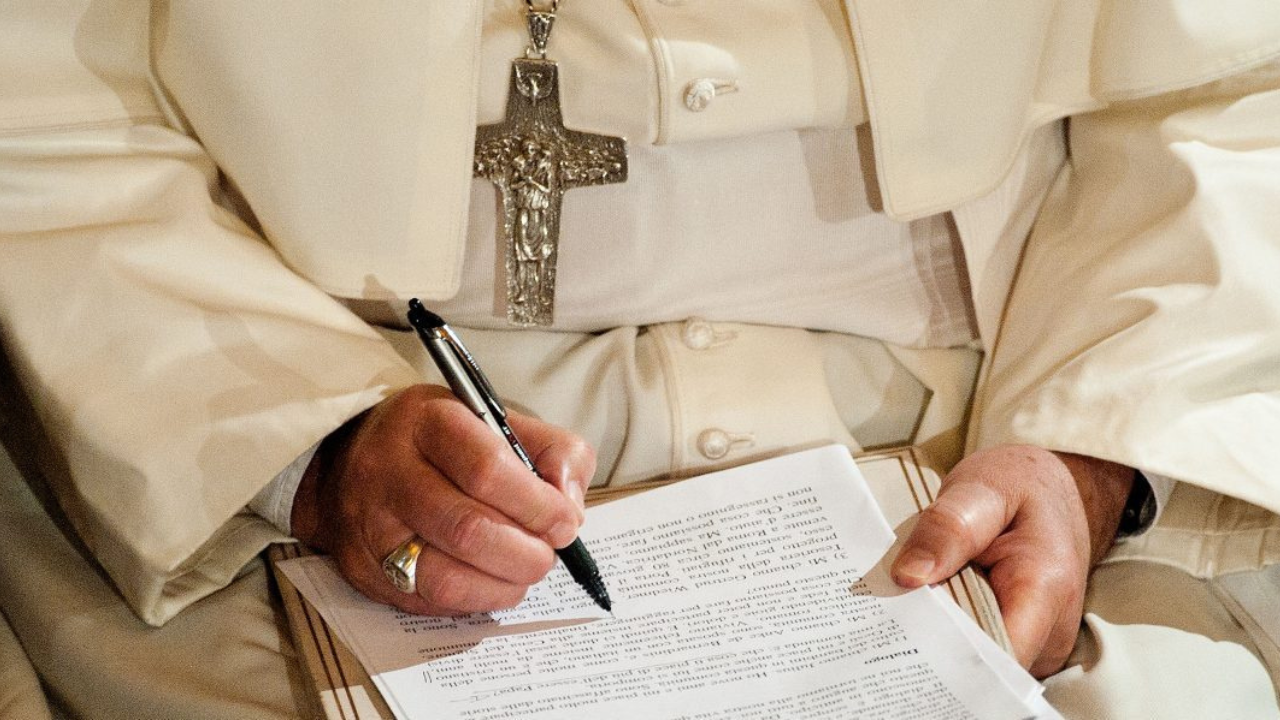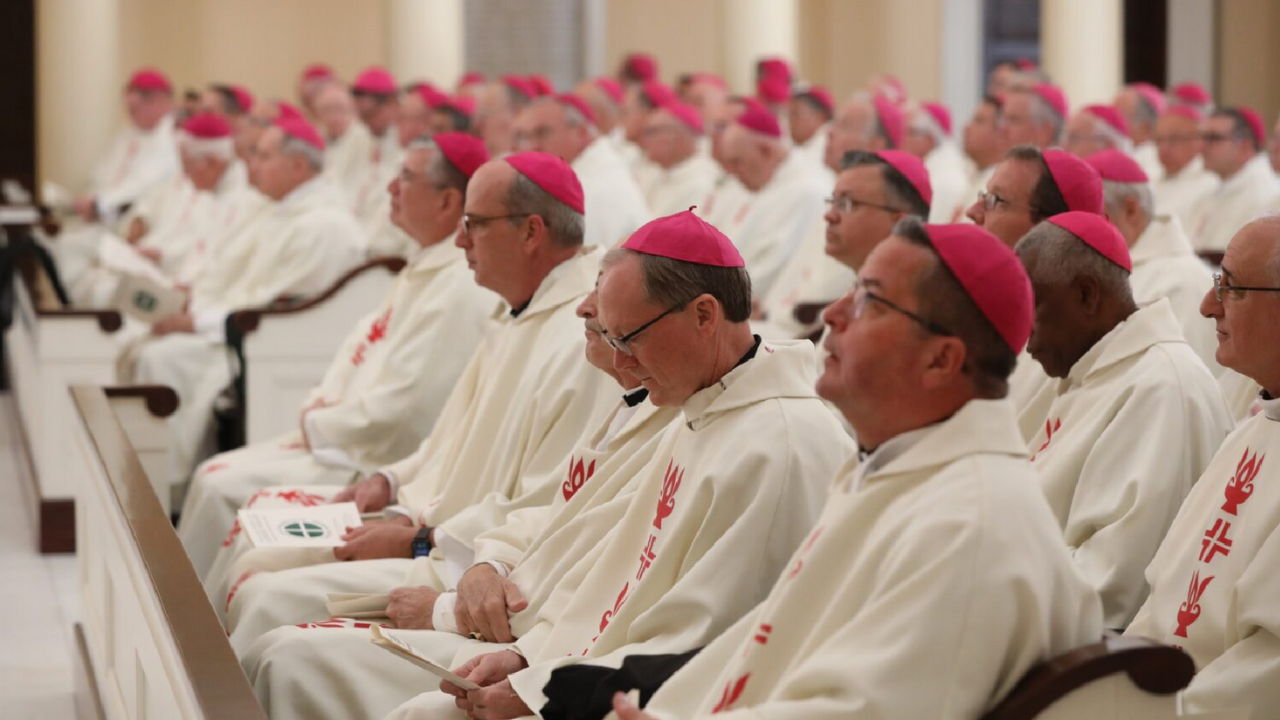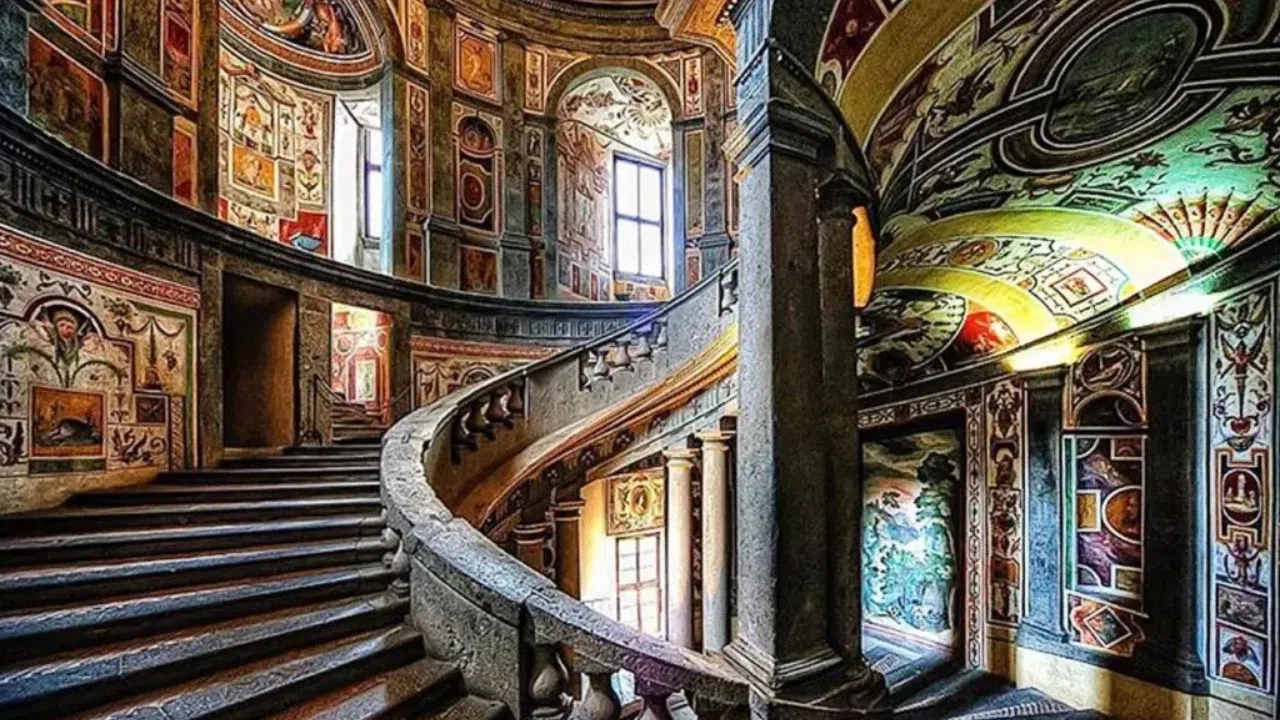In May, the pope signed a new Motu Proprio called “You are the light of the world.” In it, he obliges priests and religious to denounce alleged abuses in their communities. It also establishes guidelines on what to do if the accused is a bishop.
MSGR. CHARLES SCICLUNA
Adjunct Secretary of the Congregation for the Doctrine of the Faith
“We now have a universal law that determines the fundamental stages for the investigation of a member of the hierarchy. No one in the hierarchy is above the law.”
Between May fifth and seventh Pope Francis took his fourth trip of the year. He visited Bulgaria and North Macedonia, Orthodox majority countries.
The goal was not only ecumenical. In Bulgaria, he recalled the migration crisis and in North Macedonia he encouraged people not to lose sight of Mother Teresa of Calcutta's example.
At the end of the month he also visited Romania. There he strengthened ties with the Orthodox represented by Patriarch Daniel. One of the memorable moments of the trip was when the Our Father was sung in Latin in an Orthodox cathedral.
In Romania, the pope asked forgiveness from the gypsy community for the discrimination to which they have been subjected to in the Church.
In Rome he met more gypsies, around 500, and recalled it during his meeting with families and priests of the diocese of Rome.
POPE FRANCIS
Today I met at the Vatican with 500 gypsies and heard their painful experiences of xenophobia. Be attentive because the global cultural phenomenon of populism, at least in Europe, is growing by sowing fear.
In May, Pope Francis gave International Union of Superiors General the study of a Vatican commission on the role of women deacons in the early days of Christianity.
It was a month of encounters with personalities from all over the world. Some as famous as the Nobel Peace Prize winner of 2018, Congolese gynaecologist Denis Mukwege.
